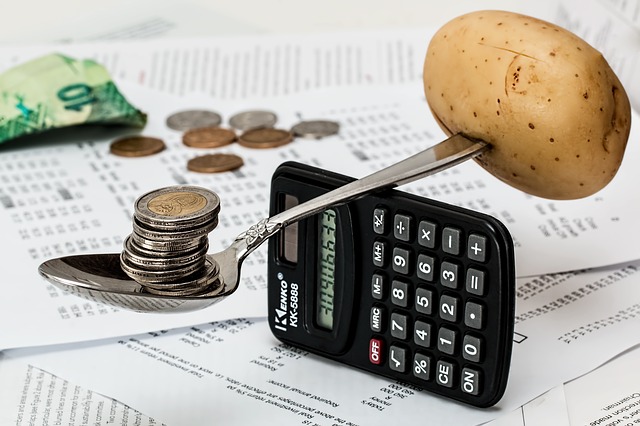The economy is more advanced than ever. This, of course, has many positive effects. It is good for employment, good for interest rates, good for capital inflows, and good for entrepreneurial capacity. For those who do not know how to handle finance, there are many negative effects. As the koruna strengthens, interest rates fall, and of course the cost of all loans, credit, and mortgages goes down.
This is of course a good thing, but for many people who are not fully financially literate, the consequences can be deadly. People go into debt for almost everything, even things they do not need. As a result,financial debt can lead to a debt trapin extreme cases.
Thus, one should consider what is truly necessary and what is merely an object of desire. Fortunately, the Czech Republic\’s banking system has its own means to counter these effects and prevent unnecessary moneycirculation. Thus, there is a central bank. In our country, the Czech National Bank manages everything and prepares the state budget. Under it, there is a commercial bank that provides services to the end customer. One of the instruments of the central bank is reserve regulation . This is a means of limiting the amount of money released into circulation. Thus, when credit prices fall, the central bank simply raises the minimum reserve limit that commercial banks must keep on deposit with the central bank.
This would, in effect, prevent excessive monetary easing.
Unfortunately, there are not only banking companies, but also non-banking companiesthat set lower limitsso that they can be used by less solvent customers. The problem here arises because many have hidden fees and distorted interest rates that often leave us potentially in debt. Therefore, it is best not to sign any contracts with such companies. [Often, what we seem to need is only the object of our desire. It is better to consider whether the goods or services are really worth the debt.